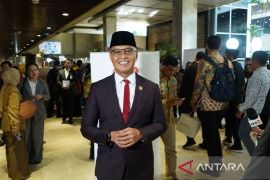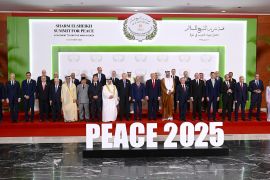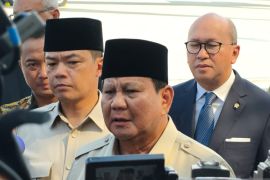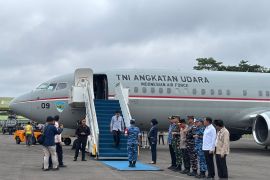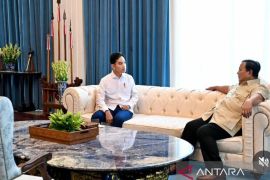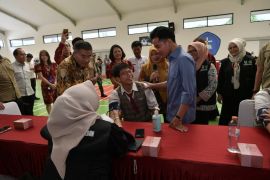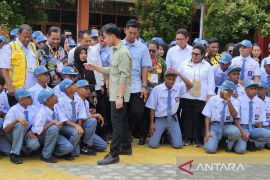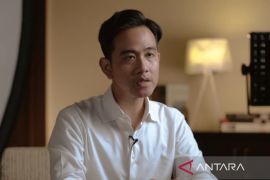"International community must work together more closely to overcome various humanitarian tragedies that have befallen migrants," Jusuf Kalla said.Jakarta (ANTARA News) - Indonesia has urged the international community to play a more active role to resolve the refugee problem.
"International community must work together more closely to overcome various humanitarian tragedies that have befallen migrants," Indonesian Vice President Jusuf Kalla said at the UN Security Council meeting in New York on Monday (local time), according to a press release issued by the Foreign Ministry and received here on Tuesday.
Kallas observations came before leaders from 193 UN member countries at a meeting of high ranking officials on the handling of refugees and migrants, marking the start of a series of annual meetings of the UNSC.
He gave the call in view of the failure of the international community to overcome the issue of flow of refugees and asylum seekers that still continues. Many refugees had even drowned to death on high seas.
He emphasized the importance of cooperation among members of the international community in view of the principles of burden sharing and shared responsibility.
He pointed out that the principle was key to settling the migration issue since no country alone has so far been able to do it.
Although Indonesia is not a party to the 1951 UN Convention on refugee status, the Indonesian government has consistently extended humanitarian aid to refugees, he reminded.
"Right now, almost 14,000 refugees from various countries are temporarily being accommodated in Indonesia and given aid," he stated.
Between 1975 and 1996, Indonesia helped more than 250,000 refugees from a neighboring country when a civil war had broken out, he recalled.
"Indonesia had dedicated Galang Island to accommodate refugees and asylum seekers. It accommodated them for 20 years," he noted.
Kalla admitted that the current challenge was more complicated compared to the situation in 1975. He said to deal with the multidimensional phenomena of disorderly migration required a totally new approach.
"What is needed is a new approach, ways of prevention and settlement of the core problems to overcome the present migration issue," he concluded. (*)
Editor: Heru Purwanto
Copyright © ANTARA 2016
